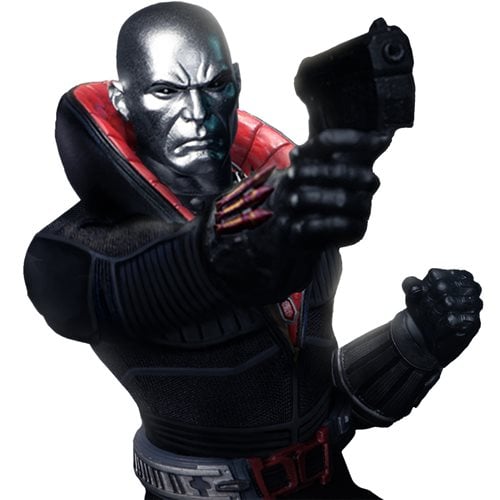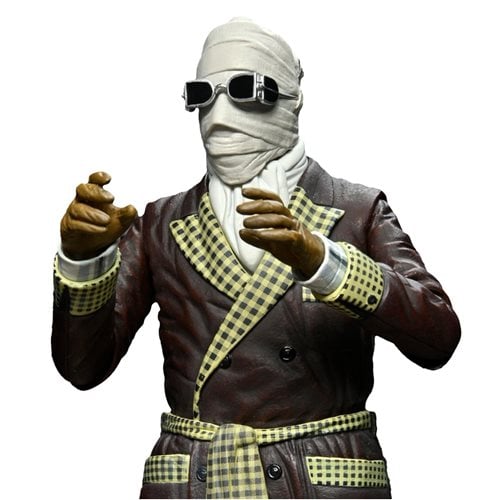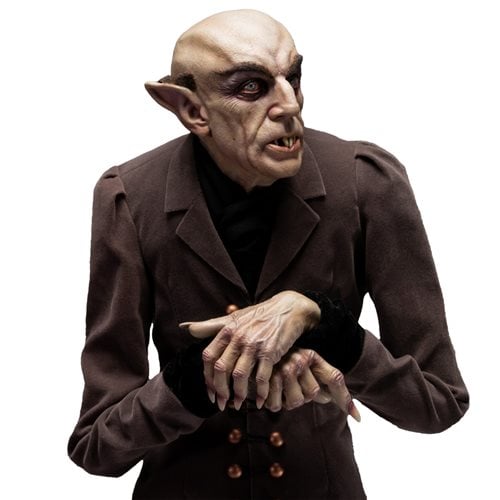With big-budget film-makers comparing themselves to military generals in charge of thousands of people working on a single campaign, "Lincoln" director Steven Spielberg has announced he will develop late director Stanley Kubrick's anti-war "Napoleon" project as a TV mini-series.
"I’ve been developing Stanley Kubrick’s screenplay," Spielberg said in a recent interview, "for a miniseries not for a motion picture — about the life of Napoleon. Kubrick wrote the script in 1961, a long time ago."
Napoleon Bonaparte (1769-1821) was a French military and political leader who rose to prominence during the latter stages of the French Revolution and its associated wars in Europe. As Napoleon I, he was Emperor of the French from 1804 to 1815. His legal reform, the 'Napoleonic Code', has been a major influence on many civil law jurisdictions worldwide, but he is best remembered for his role in the wars led against France by a series of coalitions, the so-called 'Napoleonic Wars'.
He established hegemony over most of continental Europe and sought to spread the ideals of the French Revolution, while consolidating an imperial monarchy which restored aspects of the deposed 'Ancien Régime'. Due to his success in these wars, often against numerically superior enemies, he is generally regarded as one of the greatest military commanders of all time, and his campaigns are studied at military academies worldwide.
Napoleon originally trained as an artillery officer in mainland France, rising to prominence under the 'French First Republic', leading successful campaigns against France. In 1799, he staged a coup d'état and installed himself as 'First Consul'. Five years later the French Senate proclaimed him emperor, following a plebiscite in his favour. In the first decade of the 19th century, the French Empire under Napoleon engaged in a series of conflicts—the Napoleonic Wars—that involved every major European power.
After a streak of victories, France secured a dominant position in continental Europe, and Napoleon maintained the French sphere of influence through the formation of extensive alliances and the appointment of friends and family members to rule other European countries as French client states.
The Peninsular War and 1812 French invasion of Russia marked turning points in Napoleon's fortunes. His 'Grande Armée' was badly damaged in the campaign and never fully recovered. In 1813, the 'Sixth Coalition' defeated his forces at Leipzig. The following year the Coalition invaded France, forced Napoleon to abdicate and exiled him to the island of Elba. Less than a year later, he escaped Elba and returned to power, but was defeated at the Battle of Waterloo in June 1815.
Napoleon spent the last six years of his life in confinement by the British on the island of Saint Helena. An autopsy concluded he died of stomach cancer, but there has been some debate about the cause of his death, as some scholars have speculated that he was a victim of arsenic poisoning.
There have been numerous films based on the life of "Napoleon", portrayed by hundreds of actors including Armand Assante in "Napoleon and Josephine: A Love Story" (1987), Charles Boyer in "Conquest" (1937), Marlon Brando in "Desirée" (1954), Ian Holm in "The Emperor's New Clothes (2001), Dennis Hopper in "The Story of Mankind" (1957), Trevor Howard in "Eagle in a Cage" (1965), Stacy Keach in "The Man of Destiny" (1973), Claude Rains in "Hearts Divided" (1936), Rod Steiger in "Waterloo" (1970), Craig Stevenson in "Goya's Ghosts" (2006) and James Tolkan in "Love and Death" (1975).
Click the images to enlarge...








.jpg)




































































